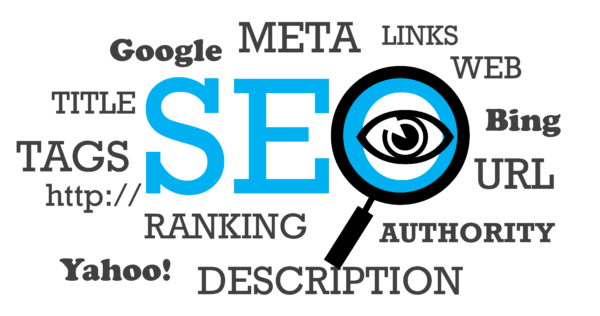
Social Proof is Not New
It is a common fact of life nowadays to be bombarded by businesses calling you to action to give them social proof. You see this in the form of Like Us On Facebook, Follow Us On Twitter, Leave a Comment in the Comment Box Down Below, Like, Favorite, Subscribe, or leave Us a Yelp or Google Review. Even the media makes sure to include the Twitter handles of the pundits and experts. The reason for this in business is the concept of social proof.
Social proof refers to the perception, whether it is real or not, that a business or person has some sort of value because of the number of people that have already utilized that business or service or are fans of a business or person. This is often thrown around in the marketing realm as “The new form of marketing,” a concept which is incorrect.
This idea has been around on a natural level for humans dating back to our hunter-gatherer days. In that time, if someone was a successful leader, people would follow them and trust them. If an outsider were to observe this, then they would be strongly compelled to also put trust in this figure because others already trusted them with their survival. It was beneficial for survival in this case.
As time progressed and businesses began, smart merchants made sure to proudly brand their products. Some of the most interesting are the brand designs from ancient Egyptian artisans on pottery. The more pervasive a specific artisan’s work in a consumer’s social circle, the more likely they would be to want to purchase from that specific artist. In this case, it was a social drive.
Progressing through the Age of Enlightenment we can then see the first attempt to combat this approach for approval through the labeling of a fallacious argument, argumentum ad populum, otherwise known as the bandwagon argument. This was often used in rhetoric to highlight an argument that was based on social proof as a justification. An example would be to say 4 out of 5 people approve of X, therefore X is good. This is what social proof has become today (as you will notice that wording is almost exactly what tooth paste marketing uses).
Yet, this bandwagon approach is not entirely bad. Societies exist around the idea of shared experiences and knowing that your fellow humans approve of something can often be a good gauge of it. So remember, next time you remind someone to like your business on Facebook, you are not only strengthening your brand and its reach, but you are also doing something that has been done for generations, which in itself is another example of social proof.
So dig deep and don’t be afraid to ask for social proof on social media, Amazon, Yelp or Google!







